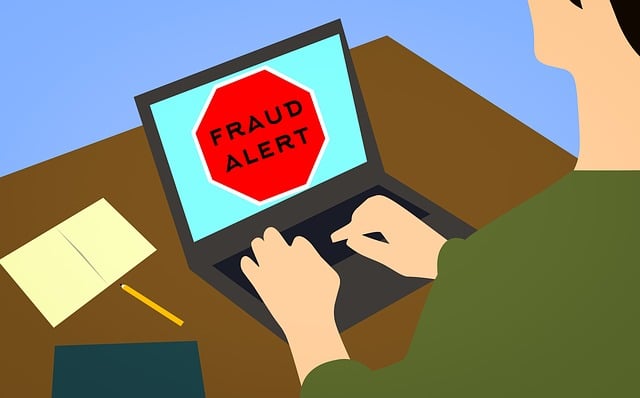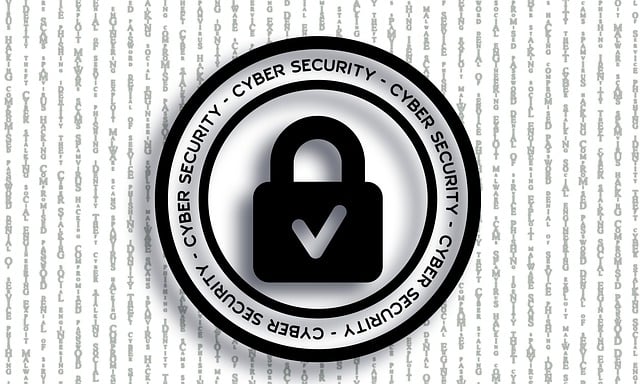Students hunting for campus housing must be on high alert for rental scams targeting their inexperience. Verify every detail of listings, look out for red flags like low rent or evasive landlords, and report discrepancies to local authorities or student housing offices. Following these student rental tips empowers them to avoid fraud, ensure a safe college renting experience, and foster a culture of vigilance within campus communities.
Recognizing rental fraud in student housing is crucial for a secure and stress-free college experience. Every year, students fall victim to cunning rental scams targeting their specific needs. This comprehensive guide equips you with the knowledge to identify common student housing scams and navigate the process safely. By understanding red flags, verifying critical information, and knowing your rights, you can avoid unfair contracts and overcharging. Let’s explore practical tips on protecting yourself and reporting fraudulent activities to ensure a safe college renting experience.
- Understanding Common Rental Scams Targeting Students
- Red Flags: What to Look Out For in Student Housing Listings
- Protecting Yourself: Verifying Landlord and Property Information
- Negotiating Terms: Avoiding Unfair Contracts and Overcharging
- Reporting Fraud: Taking Action Against Student Housing Scams
Understanding Common Rental Scams Targeting Students

Many students fall victim to rental scams each year, making it crucial to be aware of common tactics used by fraudulent landlords. Student renters are often targeted due to their limited experience and eagerness to secure a place near campus. One prevalent scam involves fake listings; con artists create appealing ads for non-existent properties, luring unsuspecting students with promises of affordable off-campus housing. They may even go as far as mimicking legitimate websites or using stolen photos of real properties to make the scam more convincing.
Another common trick is the pressure to pay upfront. Fraudulent landlords might insist on immediate payments, including several months’ rent in advance, security deposits, and utility fees, claiming that it’s a requirement for securing the rental. They may also threaten to keep the security deposit or even evict the tenant if the payment isn’t made promptly. These requests are red flags; legitimate landlords typically make these arrangements through secure platforms or established rental agreements. Student renters should always exercise caution when encountering such demands and seek advice from trusted sources or student housing associations to ensure a safe renting experience.
Red Flags: What to Look Out For in Student Housing Listings

When searching for student housing, it’s crucial to be vigilant and look out for potential rental scams. Scammers often target students due to their limited experience with renting and willingness to move quickly. Pay close attention to the following red flags in listings, which might indicate a possible student housing scam:
– Excessively Low Rent: If a listing seems too good to be true, it probably is. Unreasonably low rent, especially compared to other properties in the area, could be a sign of a fraudulent listing designed to attract unsuspecting students.
– Lack of Details or Inconsistent Information: Scammers often provide minimal information or details that raise questions. Be suspicious of listings with incomplete descriptions, vague photos, or inconsistent dates and prices. A legitimate landlord will usually include clear pictures, detailed floor plans, and accurate, up-to-date information.
– Pressured Decisions: Don’t be intimidated by a landlord who urges you to make a decision immediately or claims that the property will be snapped up quickly. Legitimate landlords understand that students need time to consider their options. Take your time, verify everything, and don’t feel pressured into signing anything hastily.
– Unverified Landlords: Always confirm the identity of the landlord or property manager. Be wary of listings from unknown sources or those asking for upfront payments without a clear explanation. Reputable landlords will typically provide contact information, references, and proof of their legitimacy.
Protecting Yourself: Verifying Landlord and Property Information

When looking for student housing, it’s crucial to verify the information provided by potential landlords. Researching the landlord and property is a key step in avoiding rental scams college. Check online for reviews or reach out to previous tenants if possible to ensure the legitimacy of the listing. Be wary of deals that seem too good to be true; if a landlord avoids providing clear, detailed information or pressures you into making quick decisions, these could be red flags indicating student housing scams.
Using student rental tips, cross-reference the contact details and property descriptions with reliable sources. Verify the address, confirm the existence of the property, and double-check that the landlord is authorized to rent out the space. These steps ensure a safe college renting experience by protecting you from potential fraudsters targeting unsuspecting students.
Negotiating Terms: Avoiding Unfair Contracts and Overcharging

When searching for student housing, it’s crucial to be cautious and aware of potential rental scams college tactics. One common pitfall is negotiating terms with landlords or property managers. Unscrupulous individuals may try to overcharge students or trap them into unfair contracts. To avoid this, students should always read the lease agreement thoroughly before signing. Look out for red flags such as excessively high rent, hidden fees, or vague terms regarding maintenance and repairs.
Educated students will also insist on clear communication about what is included in the rent, such as utilities or internet services. It’s a student rental tip to ask for written confirmation of all agreed-upon terms. By doing so, you can protect yourself from unexpected student housing scams and ensure a safe college renting experience.
Reporting Fraud: Taking Action Against Student Housing Scams

Reporting Fraud: Taking Action Against Student Housing Scams
When faced with what seems like an too-good-to-be-true rental opportunity, students must become keen detectives to recognize and report potential rental scams. The first step in combating student housing scams is to educate oneself about common tricks used by fraudsters. Understanding these tactics empowers students to make informed decisions and avoid becoming victims.
Students can protect themselves by verifying every detail of the rental listing—from the landlord’s information to the property’s existence. If any discrepancies arise, it’s crucial to report these findings to local law enforcement or relevant student housing authorities. Staying vigilant and actively participating in fraud prevention ensures a safer and more secure college renting experience. Additionally, sharing knowledge about recognized scams within campus communities raises awareness, helping fellow students make smart choices when securing their living spaces.














